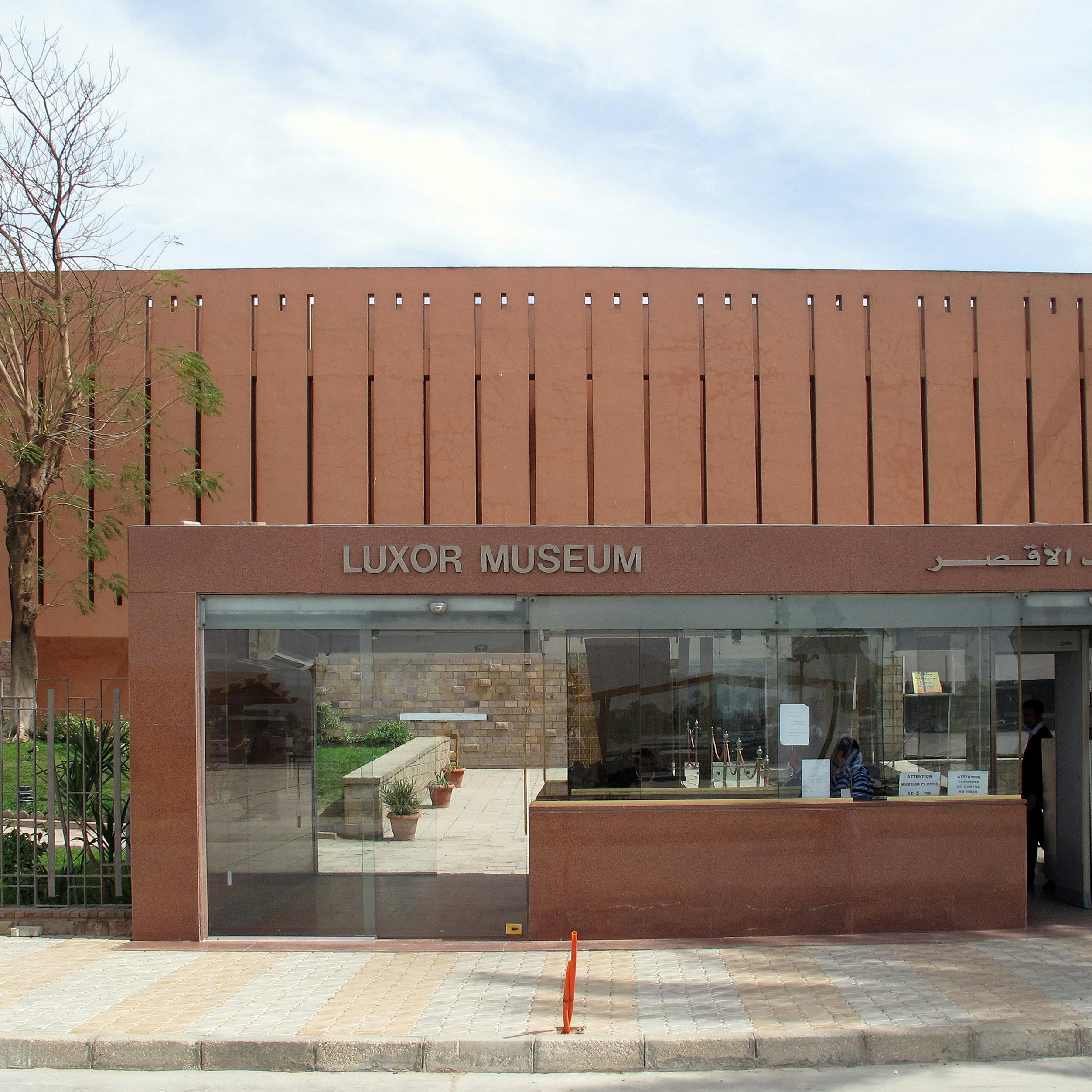

Getty Images/iStockphoto
Overview
Egypt welcomes you with its mighty Nile and magnificent monuments, the beguiling desert and lush delta, and with its long past and welcoming, story-loving people.
Take your Egypt trip with Lonely Planet Journeys
Time to book that trip to Egypt
Lonely Planet Journeys takes you there with fully customizable trips to top destinations – all crafted by our local experts.


Must-see attractions
Planning Tools
Expert guidance to help you plan your trip
Best Things to Do
From cultural adventures in and around Cairo to hot-air balloon rides in Luxor, here's our guide to Egypt's very best experiences.
Read full article
Best Places to Visit
From Tutankhamun's tomb to the Karnak Temple Complex, the structures in this region are filled with fascinating history.
Read full article
Best Time to Visit
Plan the best time for your visit to Egypt with this seasonal guide.
Read full article
Things to Know
From getting around to staying safe to minding your etiquette, here are our top tips for visiting Egypt.
Read full article
Transportation
From overnight trains to cruise boats on the Nile, here are the best ways to travel around in Egypt.
Read full article
Visa Requirements
Before you set off on your Egypt adventure, check this handy guide to find out all the Egyptian visa information you need for your trip.
Read full article
Traveling with Kids
Egypt can be a challenging destination to visit, but the country is a treasure trove of activities for families. Here's how to visit Egypt with kids.
Read full article
Best Road Trips
Experience the best of Egypt with these spectacular road trips, from coastal drives between arid mountains and the Red Sea to crossing the open desert.
Read full article
Get Connected
Stay connected on your travels in Egypt with this guide to cell coverage, networks and wi-fi.
Read full article
Get a book. Get inspired. Get exploring.
in partnership with getyourguide





























